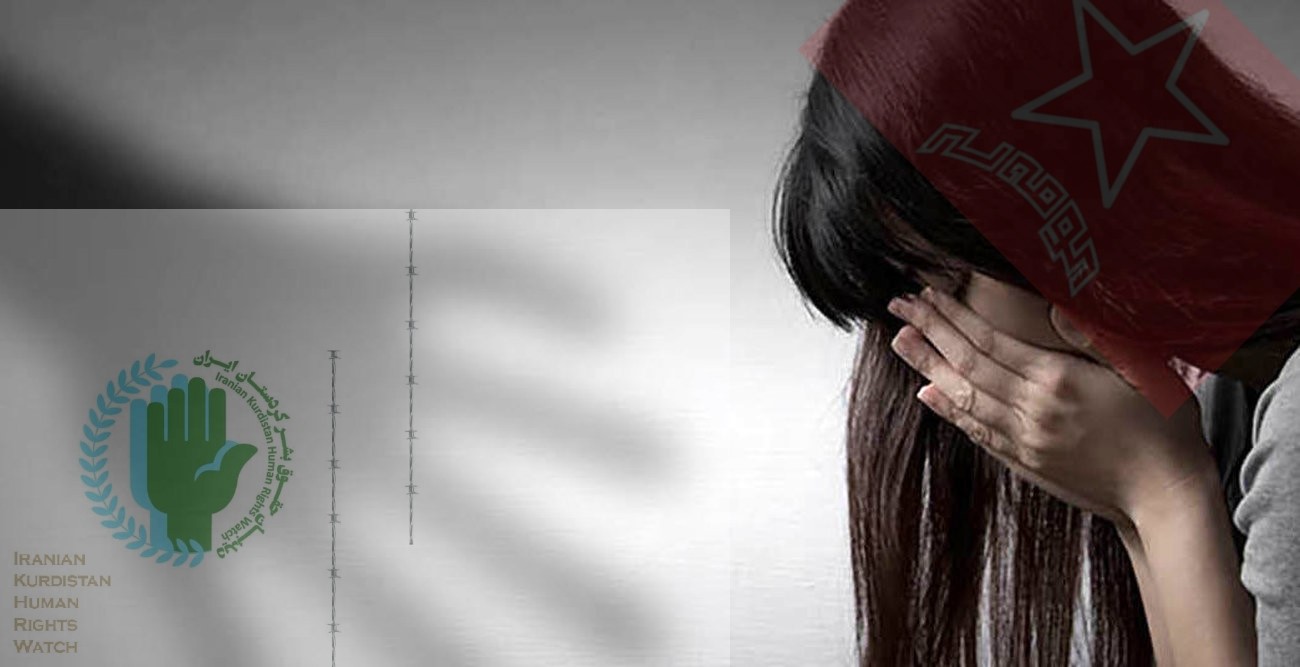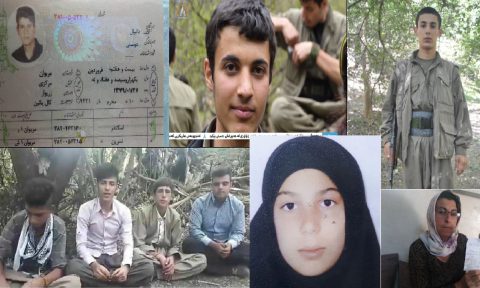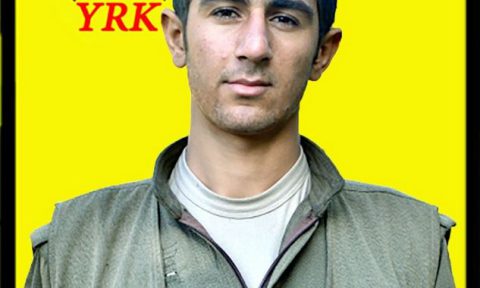The subject today is Gouna Salehi, born in 1997, is a member of the armed group Komala.
According to IKHRW, one of the most significant social and economic challenges in Kurdish-populated areas in the Middle East, including Iran, is the lack of respect for women’s rights in various fields, with varying degrees of intensity and weaknesses. So women and girls have no solution to this problem other than joining Kurdish armed groups.
The subject today is Gouna Salehi, born in 1997, is a member of the armed group Komala who considers family problems and forced marriages (twice) as the main reason for joining. In August 2020, she joined the Komala after illegally leaving the country and returned to the country in the same year in March.
IKHRW reporter: What led to join Komala?
Salehi: I had no knowledge of the goals and operations of these groups. I joined Komala solely due to family problems and to escape from forced marriage. My first marriage was compulsory. I had no interest in my spouse at all and got married under family pressure and got divorced after 3 years. Nearly three months had passed since the divorce when the family insisted that I remarry! However, I was in no way inclined to enter into a new marital life. But somehow, they forced me to do it! I left Iran 1 month later because I could not tolerate anymore.
IKHRW reporter: How did you get familiar with Komala and reach their headquarters?
Salehi: Firstly, I must emphasize that we have been familiar with names such as Komala, Democrat, PJAK, and PKK since childhood. After separating from my first spouse, I was living at my uncle’s house. Sometimes, when the channels related to the military were broadcasted, usually a telephone number would be displayed in the corner of the screen that I saved. When under the insistence of my family, I was compelled to enter into a second marriage and faced severe mental and emotional conditions, I contacted them and explaining my problems, stating to become a member of them! I am certain that if it wasn’t for the compulsory second marriage, I would never have approached Komala!
IKHRW reporter: How were the conditions of your life there and what things were they teaching you?
Salehi: I definitely faced extremely challenging conditions! My situation was not good at all emotionally and mentally! The actual environment in Komala had no resemblance to what was shared on social networks. We were compelled to wake up very early in the mornings, ascend the mountain, and descend again. After that, we had military and ideological classes, involving sports and weapon handling. They undermined and belittled their own members in the midst of the group. In general, I must say that not everyone’s behavior was bad; however, there were someone who truly lacked character! They didn’t know how to interact with a woman.
IKHRW reporter: How did you decide to leave there and return to the country?
Salehi: I had no emotional attachment to them or that place just to leave home. In that place I had met my current spouse and decided to return.
IKHRW reporter: When you returned to Iran, what was the behavior towards you?
Salehi: Upon my return, aside from being asked a series of questions to which I provided answers, nothing significant occurred and I resumed my normal life.










